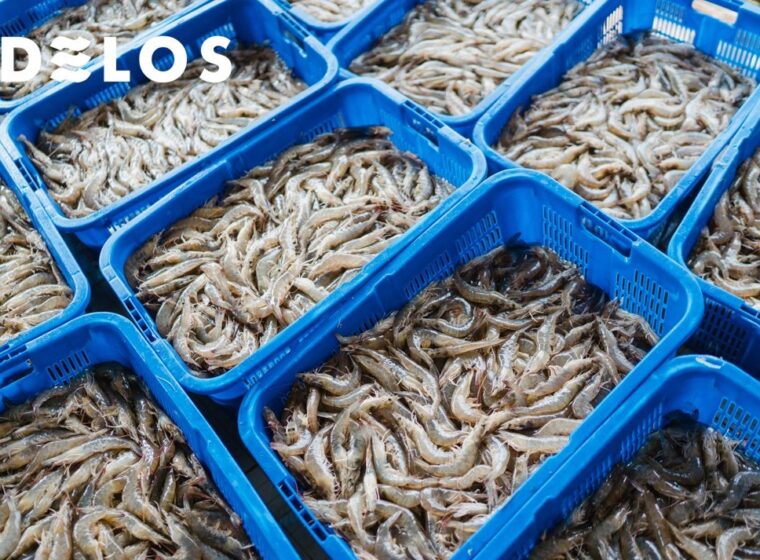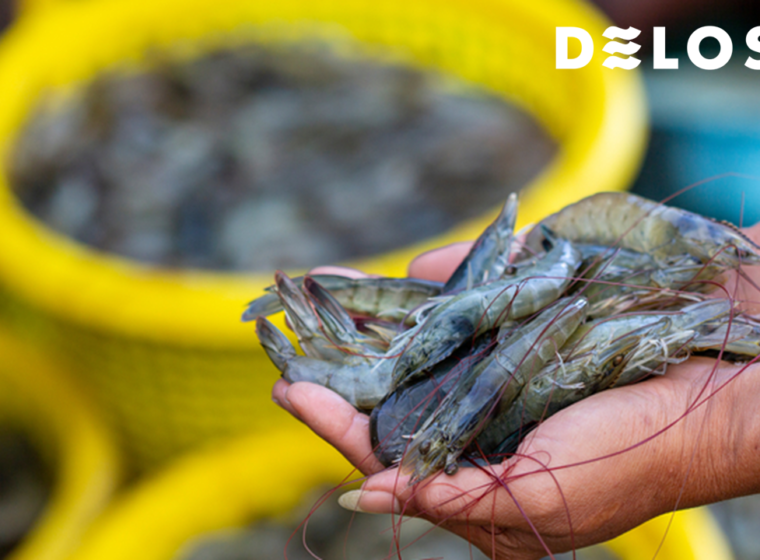Indonesia possesses vast waters covering up to 3.25 million km2, making it a potential major fishery producer in the world. However, the reality remains that Indonesia’s fishery production is still below that of other countries.
Since 2018, Indonesia has been striving to increase its fisheries exports, recognizing the immense potential it holds. Data from the Central Statistics Agency (BPS) shows that crustaceans are the largest contributors to Indonesia’s fisheries exports. Among these, vannamei shrimp accounts for a total of 60.17 percent of the overall exports.
Up to this point, Indonesia’s exports have relied on comparative factors to maintain its competitiveness, especially in pricing. However, many countries now rely on technology and specialized expertise concerning environmental issues, sustainability, health, safety, and social concerns.
So, what are the obstacles and challenges of Indonesian shrimp export that need to be addressed to achieve the expected increase in exports as envisioned by the government?
Also Read: Want to Get Fair Trade Certification for Shrimp Exports? Here’s The Way!
Main Obstacles to Indonesian Shrimp Export
1. Quality and Food Safety Assurance
The first challenge of Indonesian shrimp export is one of the primary challenges in Indonesian shrimp exports is ensuring quality and food safety. Every exporter must ensure that the shrimp they export maintains high quality and is free from any contamination that could endanger consumers.
2. Regulations and International Standards
Different countries have their distinct regulations and standards. Following these standards and regulations is a crucial challenge of Indonesian shrimp export to facilitate a smooth export process.
3. Resource Management and Sustainable Practices
Wise utilization of natural resources and implementing sustainable shrimp aquaculture practices has become a crucial issue in the aquaculture industry recently. Improper handling of aquaculture can lead to harmful waste affecting the environment if not managed properly.
By practising sustainable shrimp farming and utilizing resources wisely, Indonesian shrimp can have added value compared to shrimp from other countries in the global market.
4. Climate Change and Natural Disasters
Climate change and natural disasters like storms, tsunamis, or rising sea temperatures can significantly affect shrimp production. This poses a serious threat to the sustainability of shrimp production and its availability for export.
Also Read: Types of Exported Shrimp Products
Efforts to Improve the Competitiveness of Indonesian Shrimp in the International Market
1. Infrastructure and Technological Advancements
Investing in infrastructure and technology is key to enhancing the competitiveness of Indonesian shrimp exports. Improving cultivation facilities, processing, and transportation systems can increase efficiency and product quality.
2. Meeting International Standards
Indonesian shrimp producers need to meet international standards and those specific to the target export countries. Farmers can ensure that their shrimp products meet the required food safety standards through training, strict supervision, and adopting the latest technology.
3. Partnerships and Collaborations
Collaboration between the government, producers, and research institutions can strengthen Indonesia’s shrimp export industry. Partnerships and collaborations can assist in knowledge transfer, technology, and resource support for fisheries industry growth.
4. Environmental Awareness Enhancement
Prioritizing sustainable practices in shrimp production will enhance the image of Indonesia’s shrimp farming industry globally. Implementing environmentally friendly farming practices will add value and improve the competitiveness of Indonesian shrimp products.
5. Market Diversification
Apart from depending solely on primary markets, diversifying markets is a crucial strategy to mitigate risks and obstacles that might occur in primary markets. Seeking alternative markets can help Indonesian shrimp producers reduce dependence on a single market.
Also Read: Competitiveness of Indonesian Shrimp in the Global Market
Export Your Vannamei Shrimp with DELOS!
Indonesian shrimp exports hold immense potential due to Indonesia’s favourable geographical conditions. However, several challenges of Indonesian shrimp export need to be overcome. By enhancing quality, sustainability practices, meeting standards, and continuously innovating, Indonesia can strengthen its position in the global market.
You can choose DELOS AquaLink as your shrimp export partner! With DELOS, your shrimp exports will be conducted transparently and at the best prices.
Contact the DELOS AquaLink team at contact@delosaqua.com or submit through the contact form on our website www.delosaqua.com. Start exporting your vannamei shrimp with DELOS!




